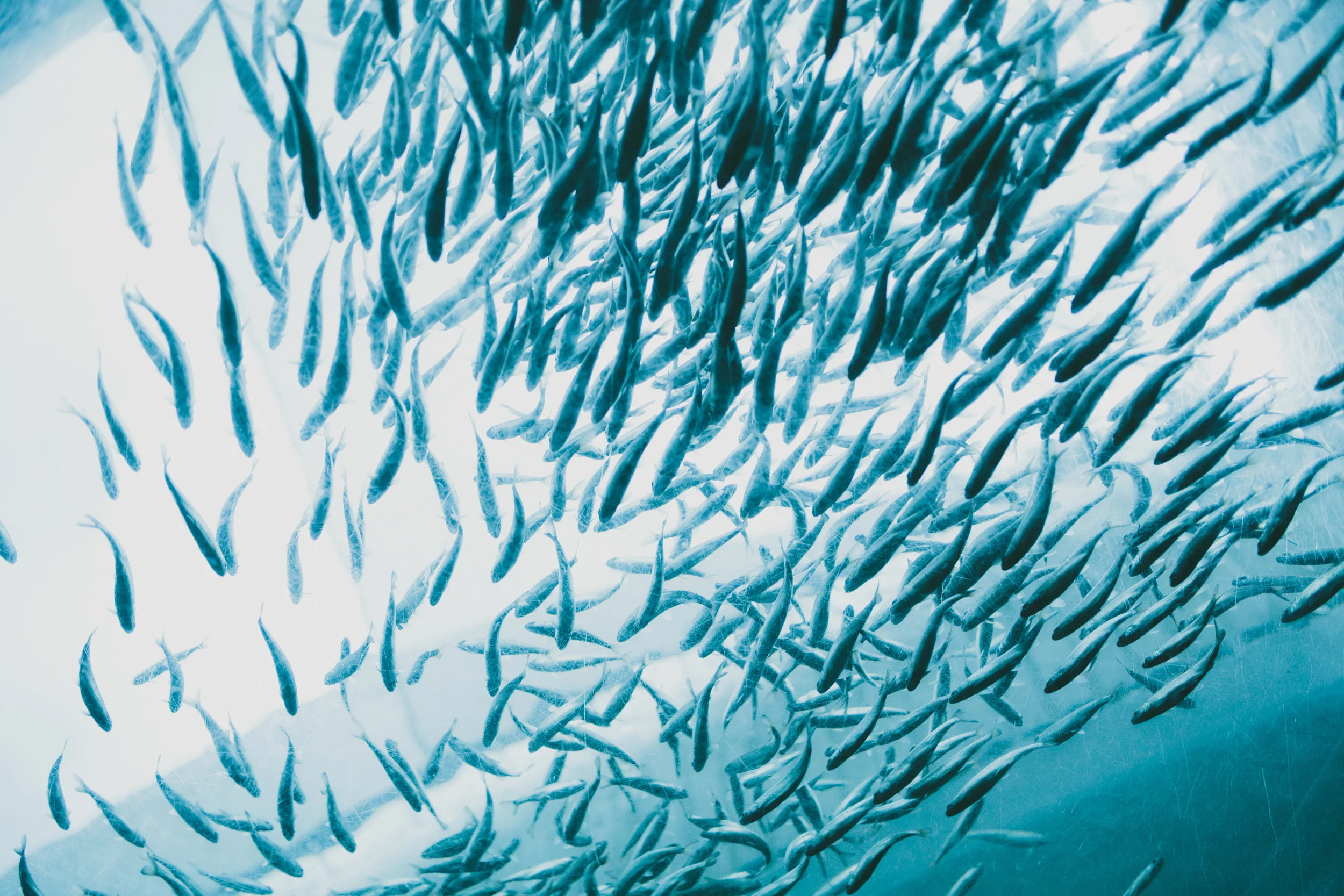Phil Levin is the lead scientist for The Nature Conservancy in Washington and a Professor of Practice at the University of Washington. In this unique position, his objective is the integration of academic scholarship with practical experience.
As a conservation scientist, Phil is interested in bridging the gaps between theory and practice and between social and natural sciences. The focus of his current work is developing interdisciplinary tools to inform conservation of marine, aquatic and terrestrial ecosystems and the communities that depend on them.
Prior to joining The Nature Conservancy and University of Washington, Phil was a Senior Scientist at NOAA Fisheries’ Northwest Fisheries Science Center in Seattle, Wash. He served as the scientific lead of NOAA’s Integrated Ecosystem Assessment efforts in the California Current Large Marine Ecosystem and Puget Sound. During this work, he led the development of new analytical tools for characterizing ecosystem health and forecasting the cumulative effects of coastal zone management and climate change on marine ecosystems.
Phil received the Department of Commerce Silver Award and NOAA’s Bronze Medal for his work on marine ecosystems, and the Seattle Aquarium’s Conservation Research Award for my work in Puget Sound. He published over 150 scientific papers in peer-reviewed journals, book chapters and technical reports, and edited the forthcoming book, “Conservation of the Anthropocene Ocean: interdisciplinary approaches for nature and people”. His work has been featured in such news outlets as NPR, PBS, the BBC, MSBNC, The Economist, among others. Phil recently served as President of the Western Society of Naturalists, and served on numerous editorial boards and scientific advisory panels. He received his Ph.D. in zoology from the University of New Hampshire in 1993 and was a postdoctoral fellow at the University of North Carolina.

























